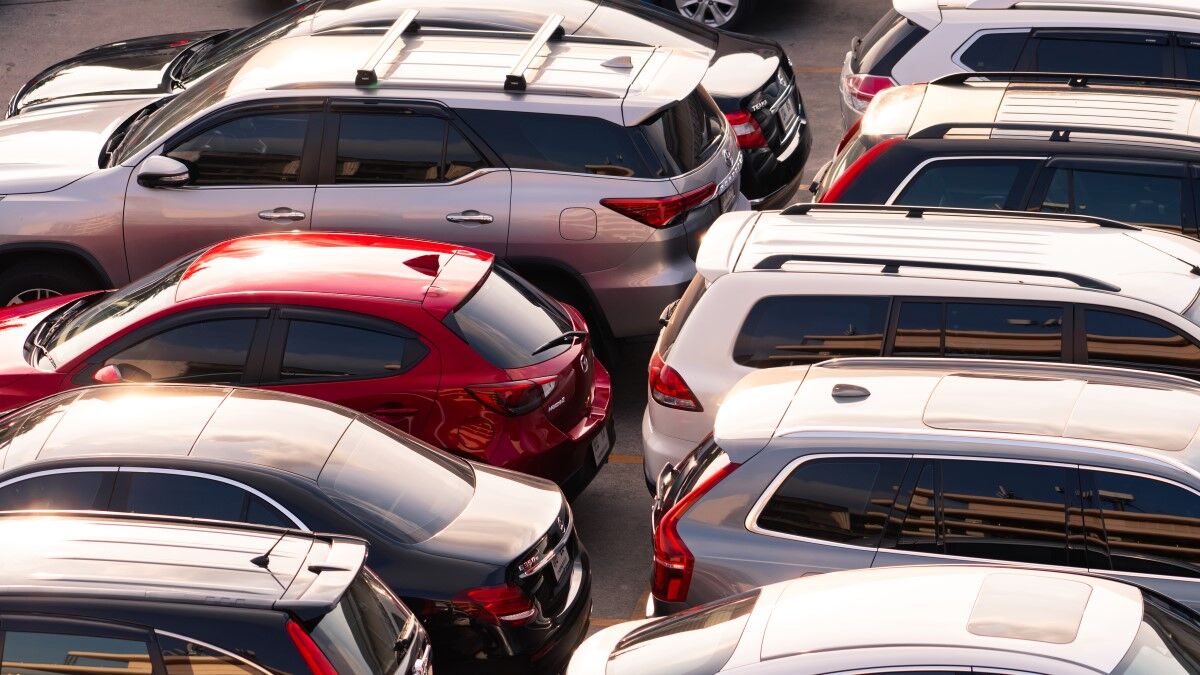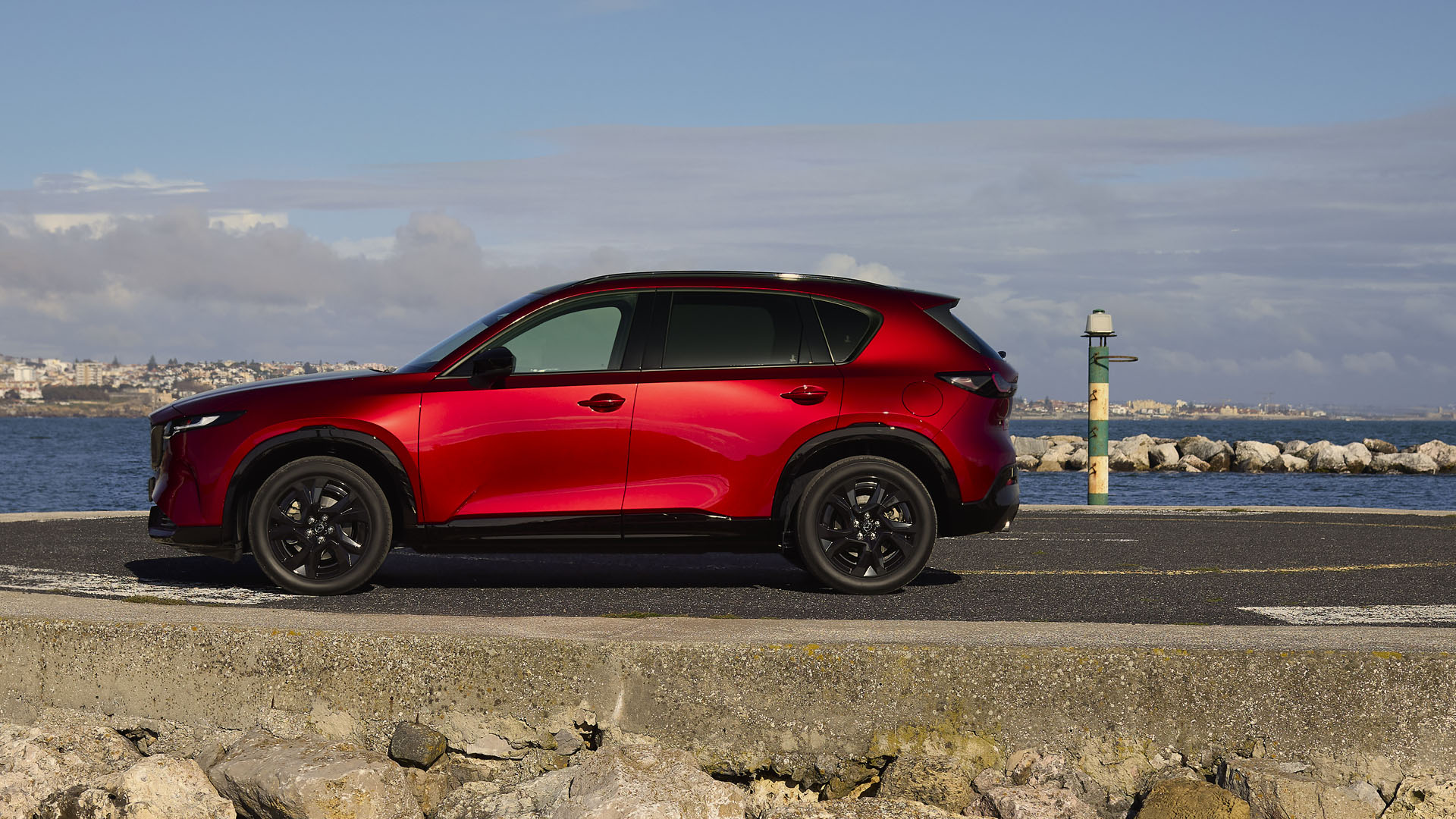The wholesale value of a vehicle is the value that a dealer would pay to purchase it from a car manufacturer. In the case of trade-in vehicles, the wholesale price might also be the price a dealer would pay to purchase the vehicle from a dealer auction. In any case, wholesale value is a measure of dealer cost.
Several factors can determine the wholesale value of a vehicle:
– The condition of the vehicle. Vehicles at dealer auctions are priced based on whether their condition is above average, average, or below average. If your vehicle is in particularly good condition, the wholesale price will be higher than if the vehicle is in average or poor shape.
– The age of the vehicle. Vehicles depreciate in value with increased age. The older the vehicle is, the less it is worth, even if it is in perfect condition.
– The Kelley Blue Book® Value for the vehicle. Kelley Blue Book offers value estimations for vehicles based on their make and model, condition, and age. Wholesale prices are often close to these estimated prices.
It’s important to understand the factors that can influence the wholesale price of the vehicle because it is often the price the dealer offers as a trade-in. Dealer prices may be slightly lower than the wholesale value of the vehicle, however, because the dealer considers potential risk. To cover expenses if there’s a hidden problem with the vehicle, dealers often initially offer a little less than the wholesale price for trade-ins.
Understanding how wholesale prices are determined and being aware of your vehicle’s probable wholesale value puts you in a better position to negotiate.
Find out what the wholesale value of your vehicle is before you approach the dealer about a trade-in so that you can get the fairest deal possible.







